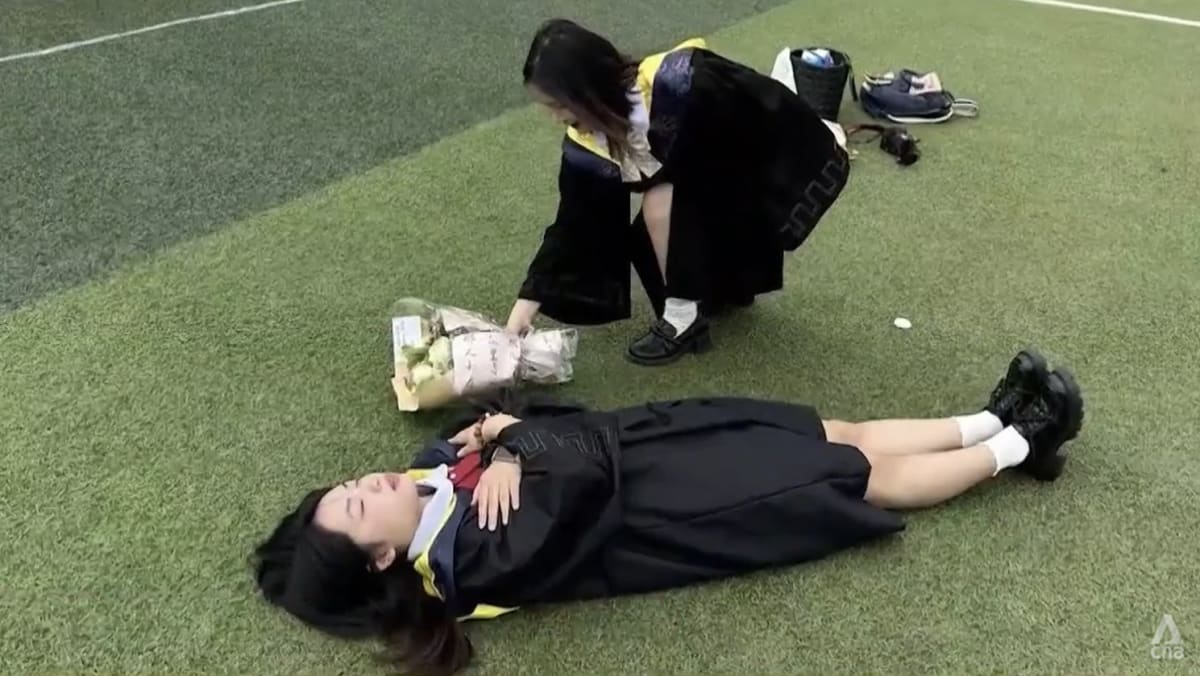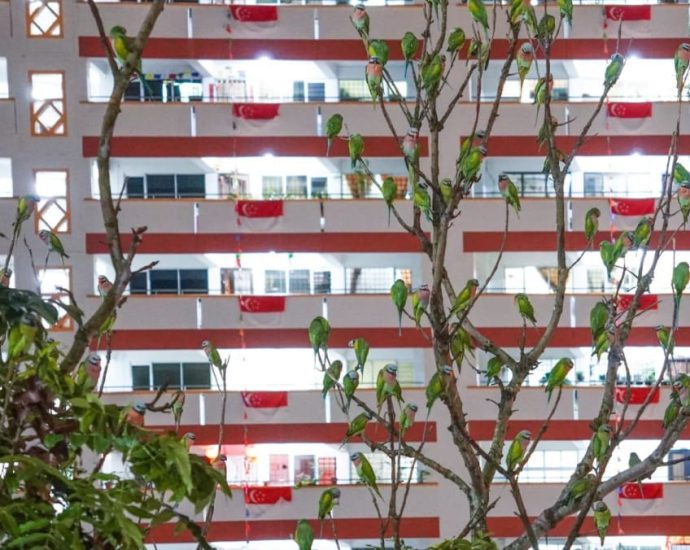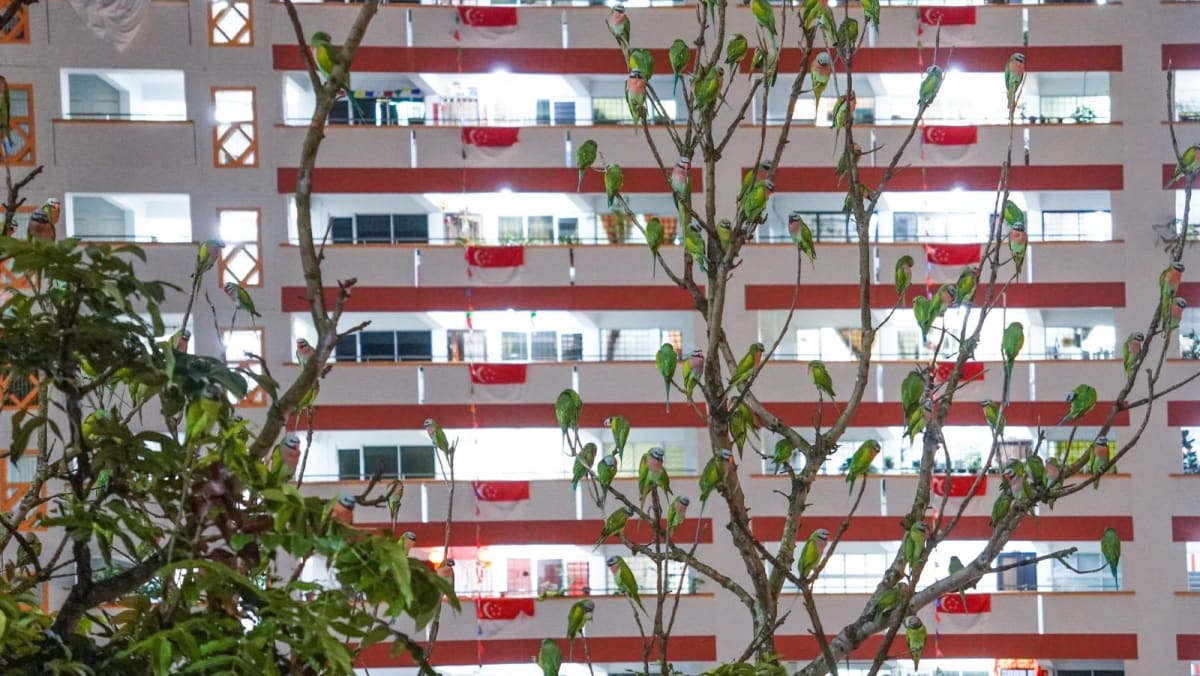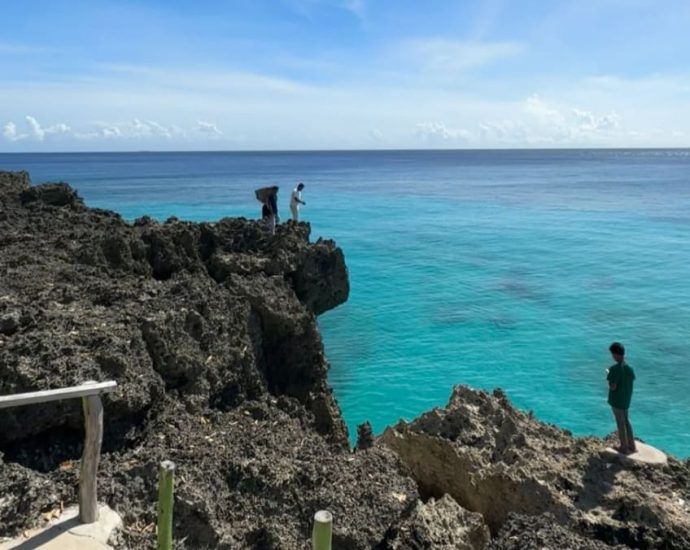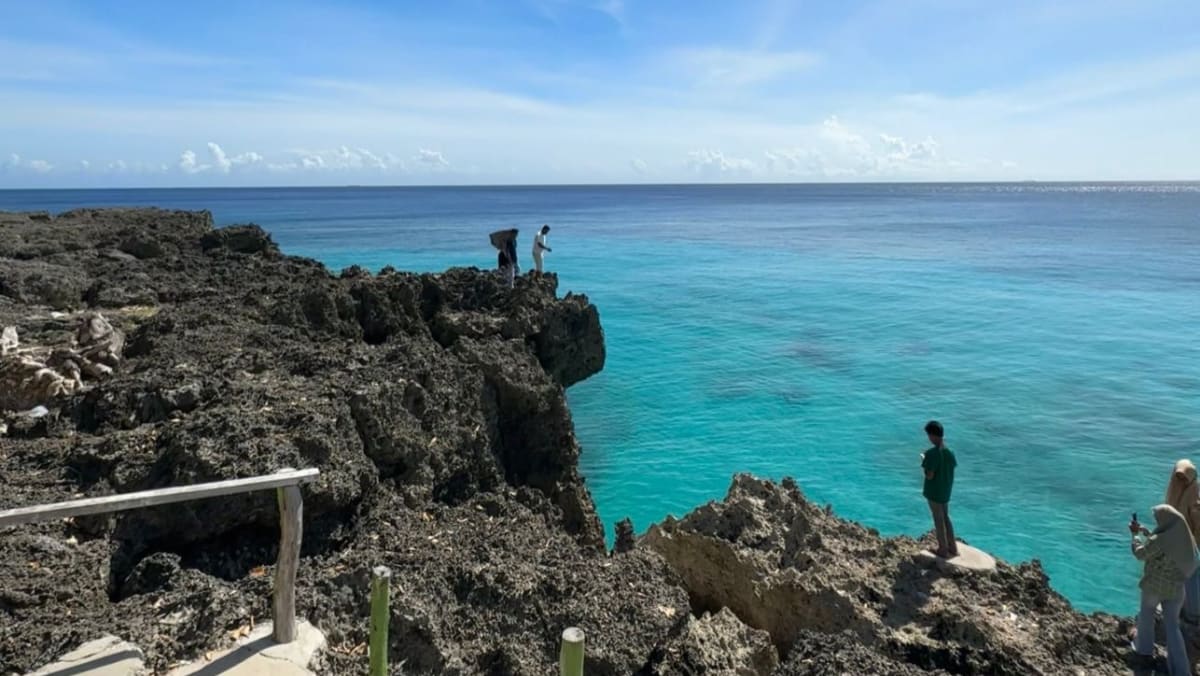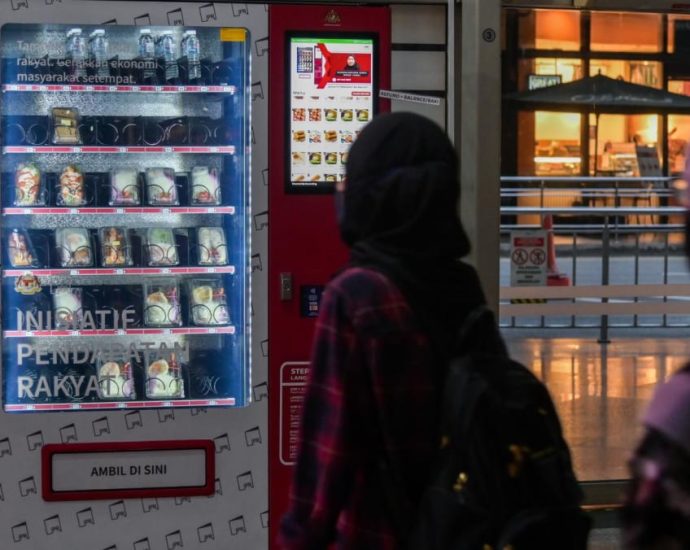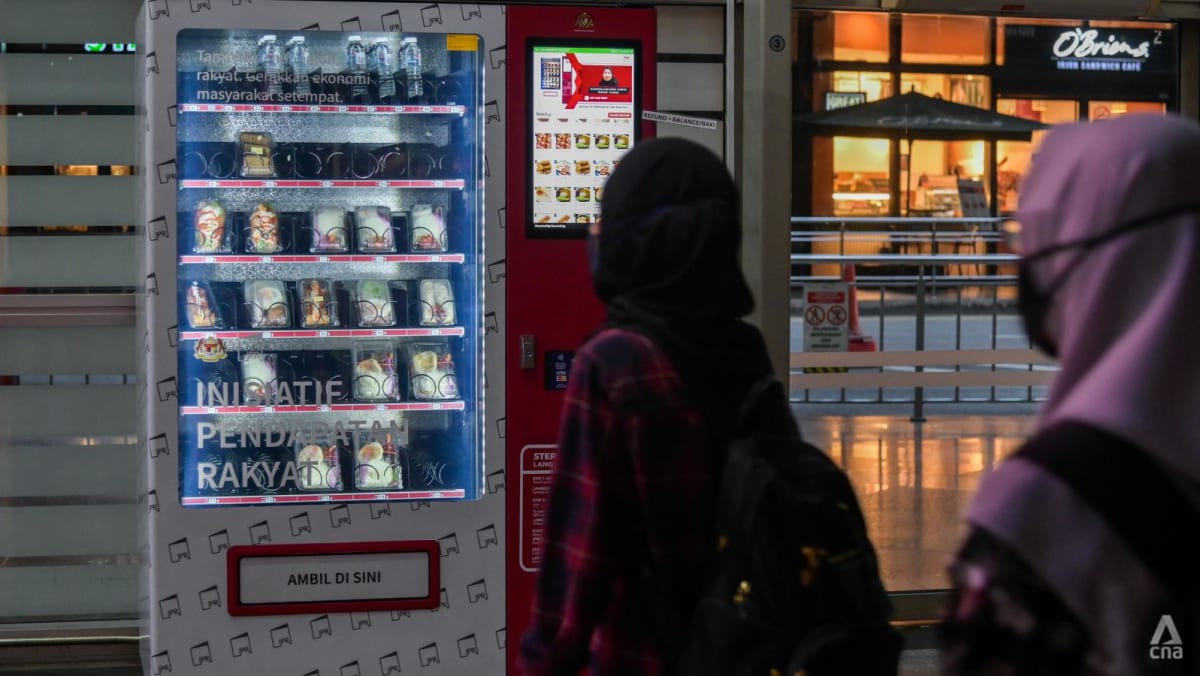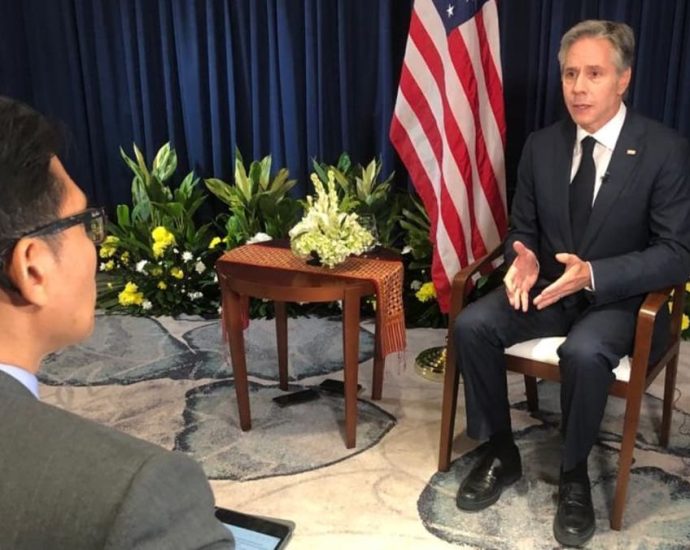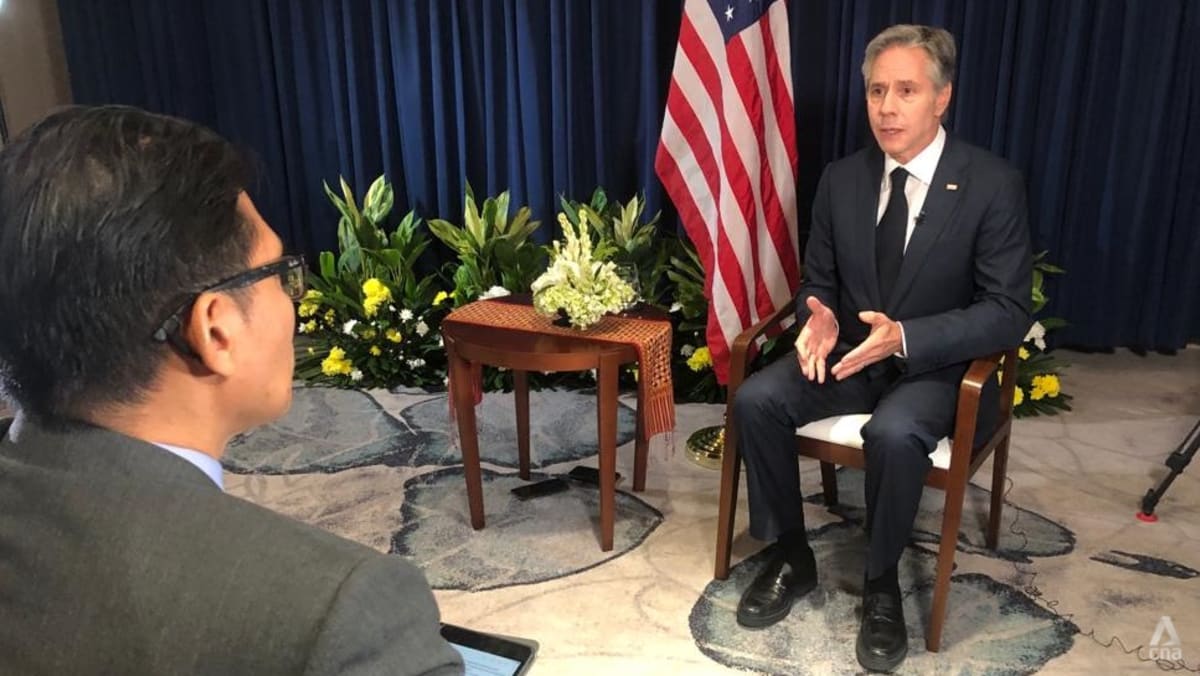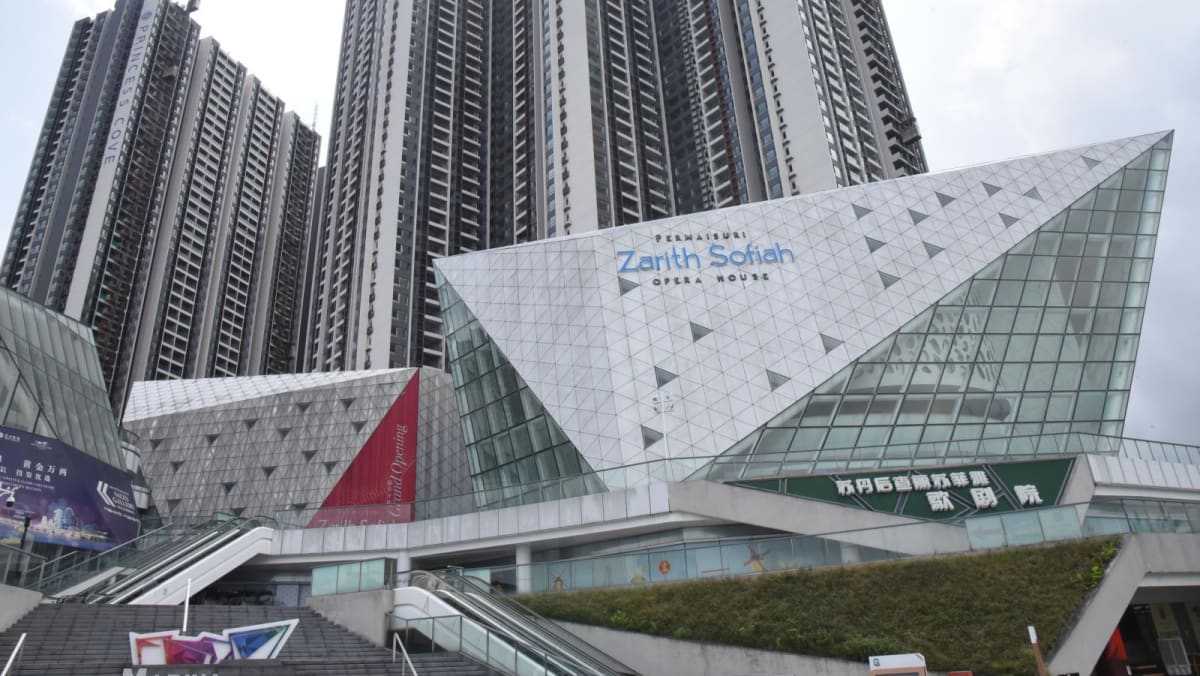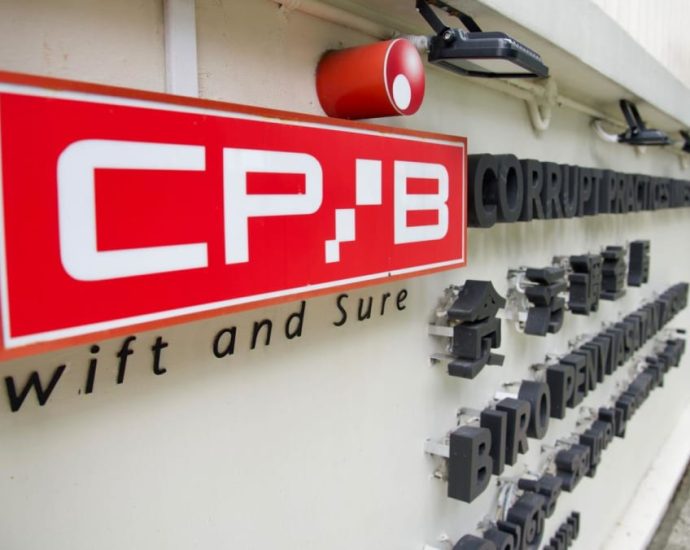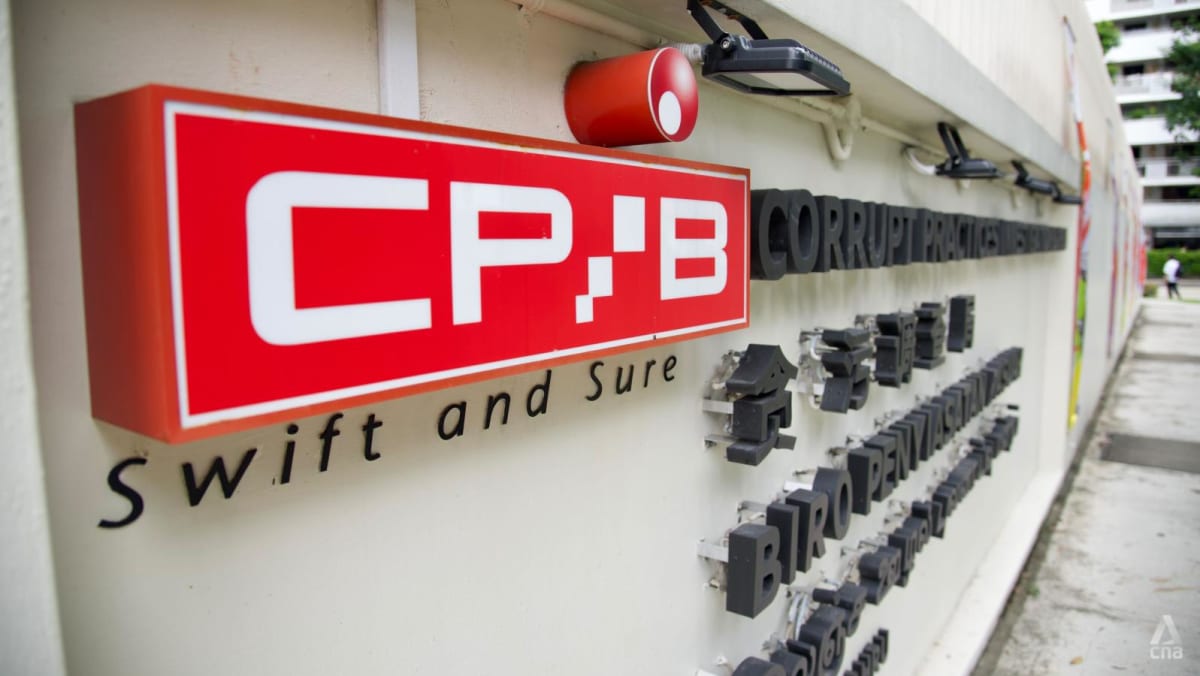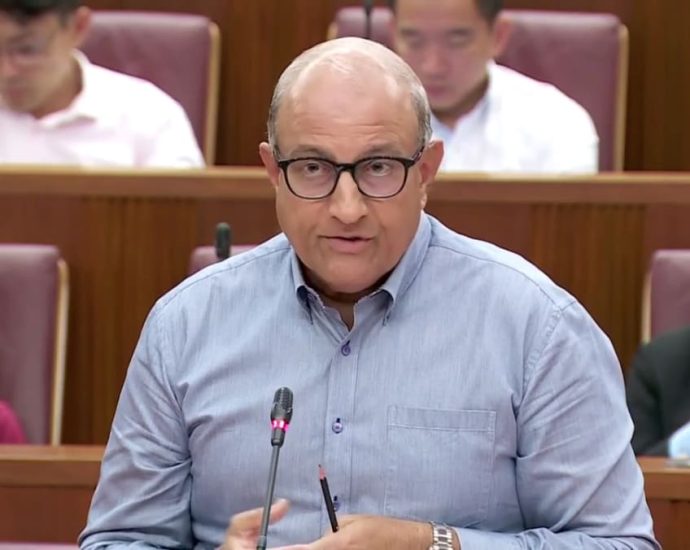2023: The year of Singapore’s sprint queen Shanti Pereira so far

FLYING START TO 2023
Pereira rewrote her own 100m national record in her first race of the year at the New Zealand Track and Field Championships in Wellington in March.
She did it without having raced in a competitive meet since the 2022 Commonwealth Games in August.
Her time of 11.46s in her heat eclipsed her previous national mark by 0.02s.
Speaking to CNA at the time, Pereira described the achievement as a “very pleasant surprise”.
“I wanted to go out strong and just focus on the technical aspects of it.”
BREAKS NATIONAL RECORD THRICE IN THREE DAYS
At the Australia Open Track and Field Championships in Brisbane, Pereira broke her national records thrice in three days.
She first clocked a time of 11.38s to win her 100m heat on Mar 31 to eclipse her own national mark by 0.08s, then won the final a day later, going 0.01s even faster.
The next day, she set her third national record in as many days when she timed 22.89s in the women’s 200m heat.
In doing so, she smashed her own mark of 23.16s set at the Brisbane Track Classic about a week ago.
But she pulled out of the 200m final later, with her coach Luis Cunha explaining that this was to avoid overstretching her both physically and mentally.
“This has been mentally very tiring (for her) … Every time she ran in the past three weeks, it was equalling the national record or a national record. You have no idea how stressful this can be,” he told CNA at the time.



